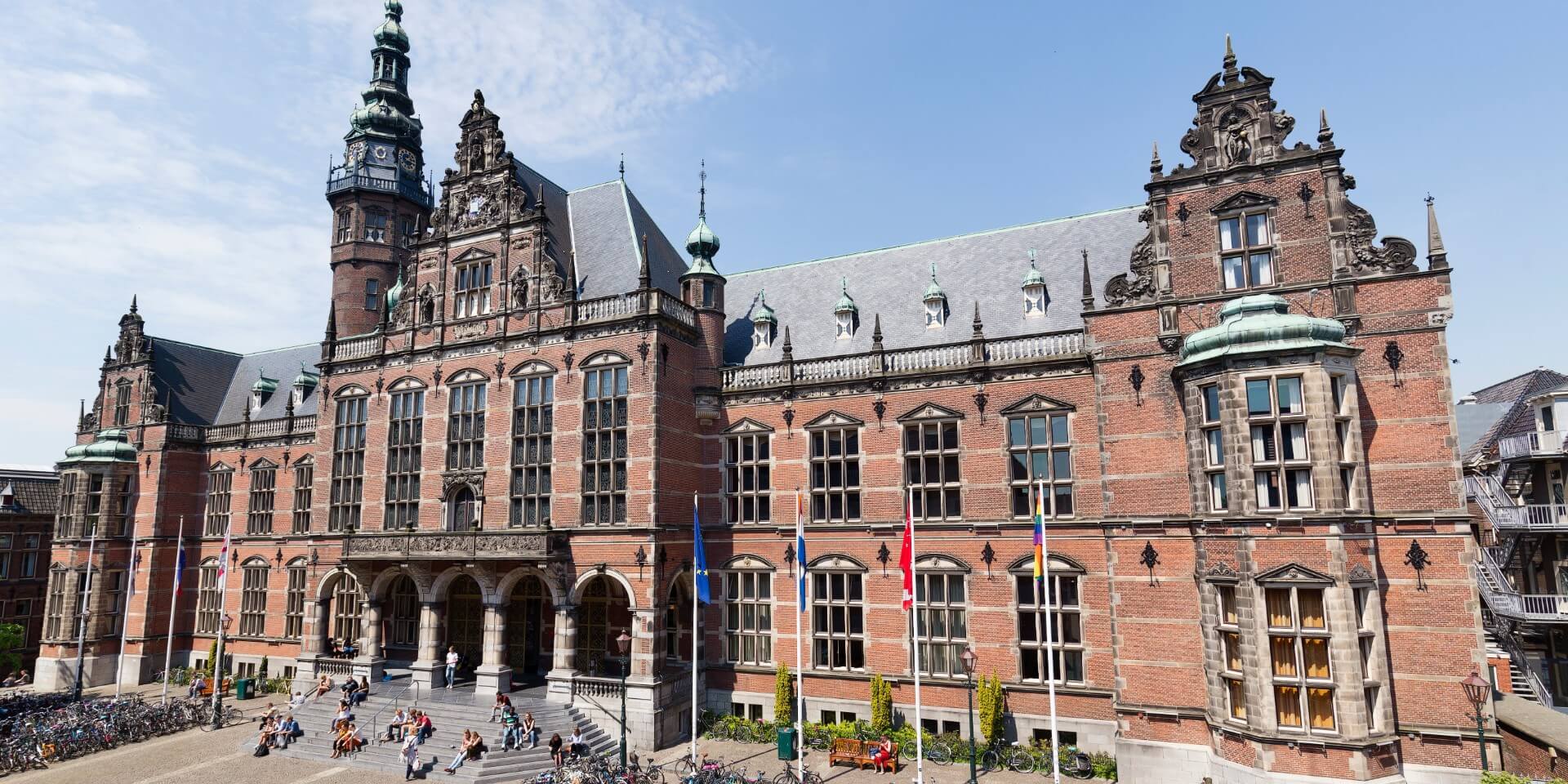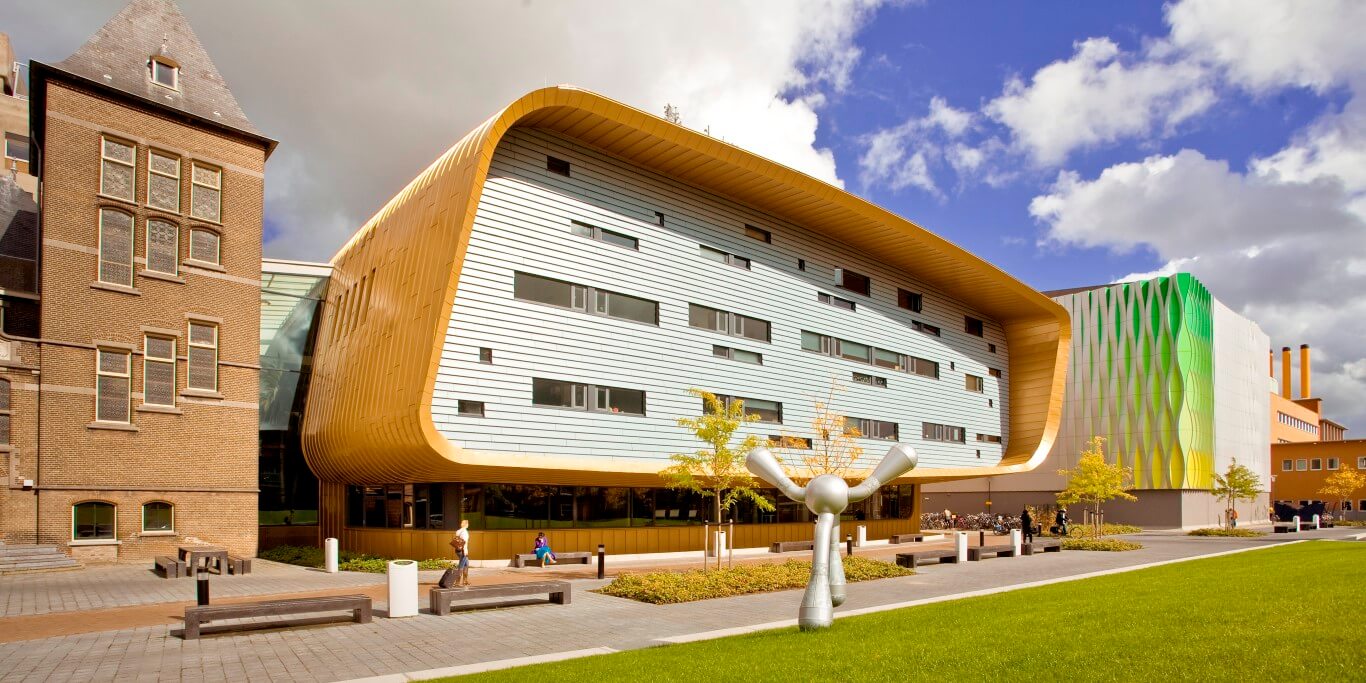🏫About University of Groningen
The University of Groningen offers over 45 Bachelor's degree programmes, of which more than 37 are taught in English, as well as more than 120 Master's degree programmes, mostly in English. It has a high number of international students, with 9,900 studying at the university, accounting for 27% of the student population. The university has a strong focus on research, with 3,750 academic staff, 400 full professors (24% female), and 4,400 PhD candidates, of which 52% are international. The research is conducted across four thematic schools: energy, health, sustainability, and ICT. The university has produced a significant number of publications, including 640 PhD theses and 8,500 research publications (dissertations not included). The University of Groningen has a strong reputation for research excellence and has received several prestigious awards since 2015. These include the Nobel Prize for Chemistry awarded to Ben Feringa, Spinoza Prizes for Pauline Kleingeld, Amina Helmi, Lodi Nauta, Bart van Wees, and Cisca Wijmenga, and the Stevin Prize for Linda Steg. The university has also been awarded numerous grants, including 5 Veni, 7 Vidi, and 5 Vici Grants in 2022, as well as 3 Advanced Grants, 2 Consolidator Grants, and 7 Starting Grants by the European Research Council in 2022.

